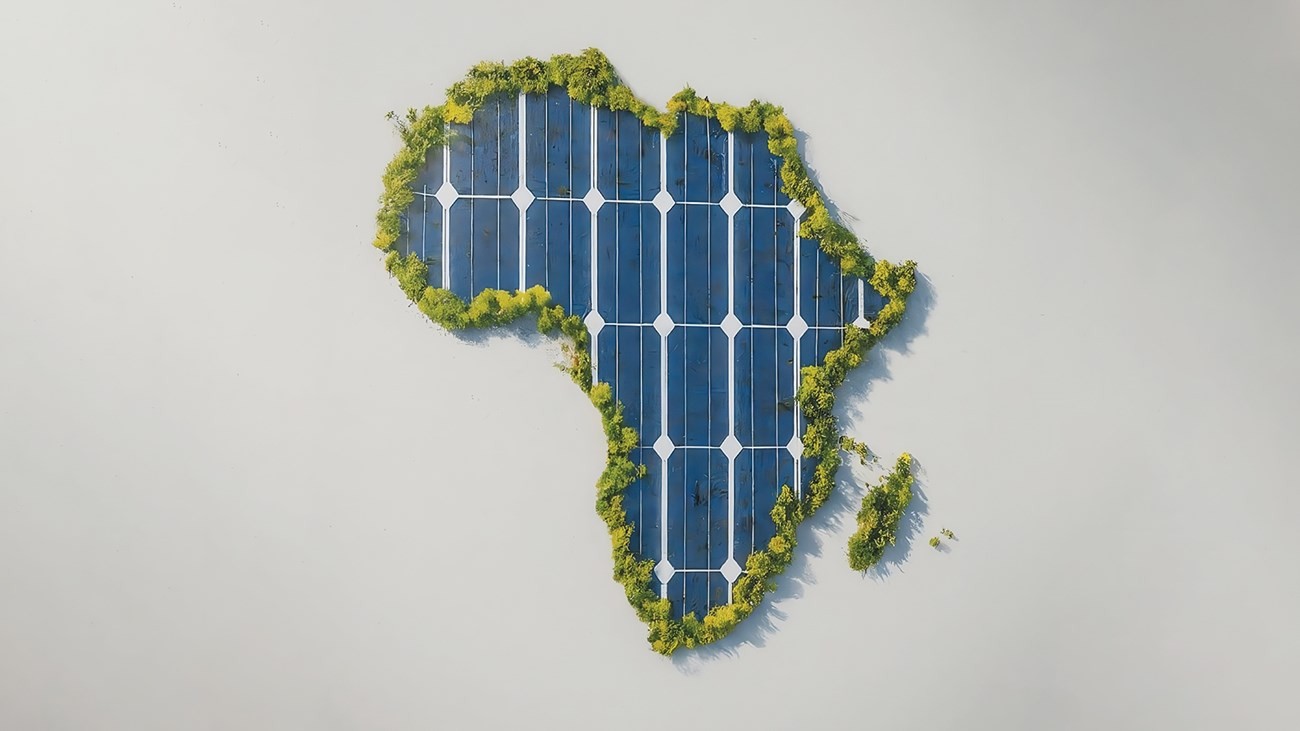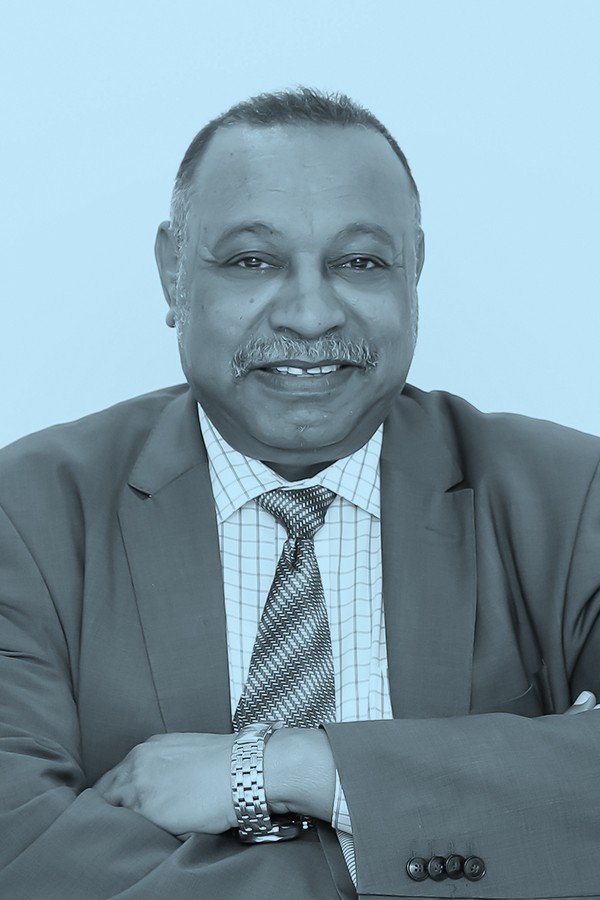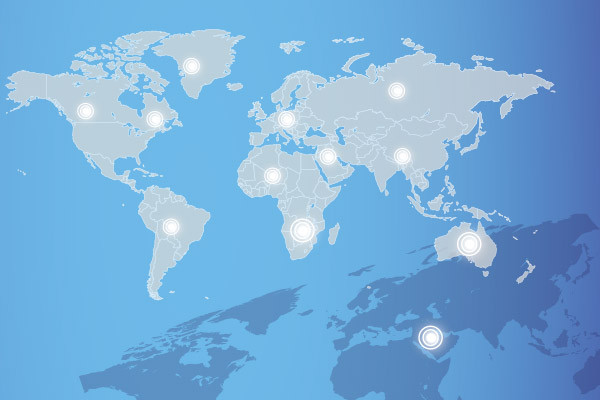The new scramble for Africa
This article describes how global powers and corporations are competing for Africa`s resources and influence, similar to the 19th-century colonization period. While this brings opportunities for investment and development, African nations face the challenge of balancing foreign interests with their own sovereignty and sustainable growth.

- by Dr.Ibrahim Karsany ,
- Tuesday, 10th December, 2024
The term "new scramble for Africa" refers to the increasing interest of global powers and multinational corporations in the African continent's resources, economy, and geopolitical significance. This phenomenon can be seen as a modern parallel to the late 19th-century scramble for Africa, during which European powers partitioned the continent for colonization and resource extraction.
Key Aspects of the New Scramble for Africa:
1. Economic Interests:
Africa is rich in natural resources, including oil, minerals, and arable land. Countries like China, the United States, and various European nations are competing to secure access to these resources and extract them primarily to serve their own national interests.
There's a growing emphasis on infrastructure development, with various governments investing in projects that enhance trade routes and connectivity. This will present equal opportunities for both African countries provided that FDI is being agreed upon on equitable, effective and transparent legal framework.
2. Investment in Technology and Governance:
There's a trend towards investing in technological solutions and governance frameworks that can help in the development of African economies.
Digital innovation and partnerships in sectors like finance, health, and agriculture are becoming focal points for collaboration.
3. Environmental and Social Considerations:
The exploitation of resources often raises concerns about environmental degradation and social justice, including the rights of local communities.
Sustainable practices and responsible investment are becoming critical discussions among stakeholders.
4. Regional Integration:
African nations are increasingly focusing on regional integration through organizations like the African Union and initiatives such as the African Continental Free Trade Area (AfCFTA). Such efforts aim to boost intra-African trade and reduce dependency on external suppliers.
5. Geopolitical Competition:
Countries are vying for influence in Africa as part of broader geopolitical strategies. Nations like China and Russia have increased their diplomatic and economic engagements on the continent. The involvement of international organizations and non-state actors also plays a role in shaping political landscapes.
6. Post-Colonial Legacy and Independence:
The legacy of colonialism continues to influence the dynamics of external engagement in Africa. Many African nations are striving for greater autonomy and independence in determining their development paths. There's a rising consciousness about self-determination and the need for partnerships based on mutual benefit rather than exploitative relationships.
7.Conclusion:
The new scramble for Africa presents both opportunities and challenges. While foreign investment and interest can drive economic growth, there is a critical need for African nations to assert their sovereignty and prioritize sustainable development that benefits their populations. The upcoming decades will likely shape how Africa integrates into the global economy and how it navigates the complexities of international relations in a rapidly changing world.

Dr.Ibrahim Karsany
Economic consultant
Read More
Areas of Expertise
- Public Policy
- Development issues
- Economic Planning
- Competitiveness
Education
Ph.D. in Economics.
bio
Dr. Ibrahim Karsany graduated from Khartoum University with a Bs.C. (Hon) in economics, followed by a Ph.D. in development economics from Leeds University, England. He has accumulated a rich research experience in different fields of study ranging from development studies, economic planning, and problems of under-development to total quality management and competitiveness of nations.
Dr. Karsany’s work experience extends over four decades and ranges from university teaching, at both undergraduate and graduate levels, to working in international organizations such as the United Nations Development Programme (UNDP) and in Governments, e.g, as Advisor to the Ministry of Economy, Oman, Muscat and as Economic Development Advisor, Department of Economic Development, Dubai, as well as in the Private Sector (DPPRC, Bhuth).
He has been a Visiting Professor and Scholar at reputable academic institutions; notable amongst them are Bergen University, Norway, The Scandinavian Institute for African Studies, Uppsala, Sweden, and The Hungarian Academy of Science, Budapest. He also published a number of studies in learned specialized international journals and served on the Editorial Boards of Academic Journals in Sudan and abroad; e.g, The Review of African Political Economy (ROAPE), published in England. He has also presented papers as well as participated in a considerable number of international conferences, seminars and workshops and has published more than sixty pieces in daily printed as well as electronic papers covering a wide range of socio-economic as well as political topics and issues.

